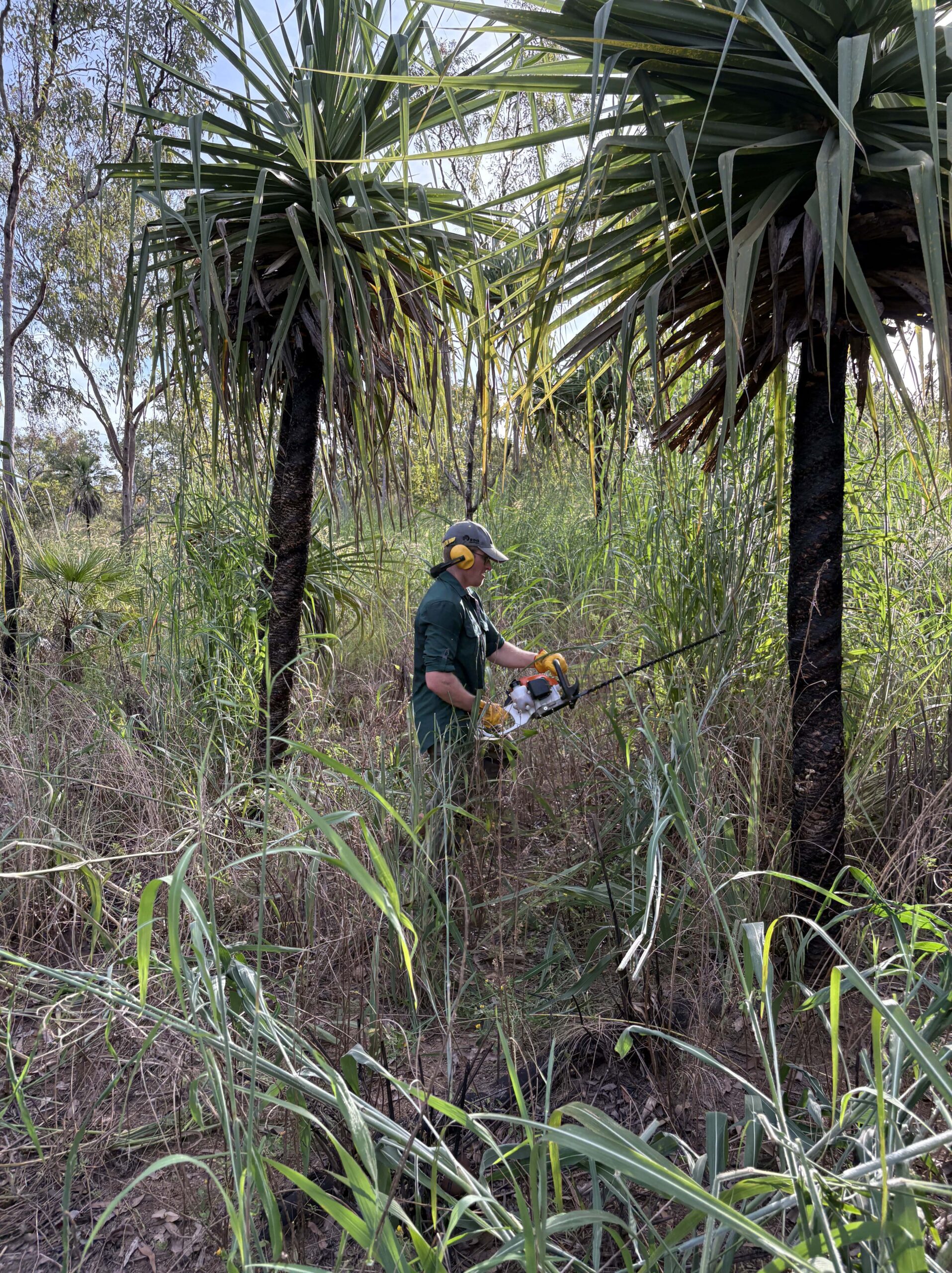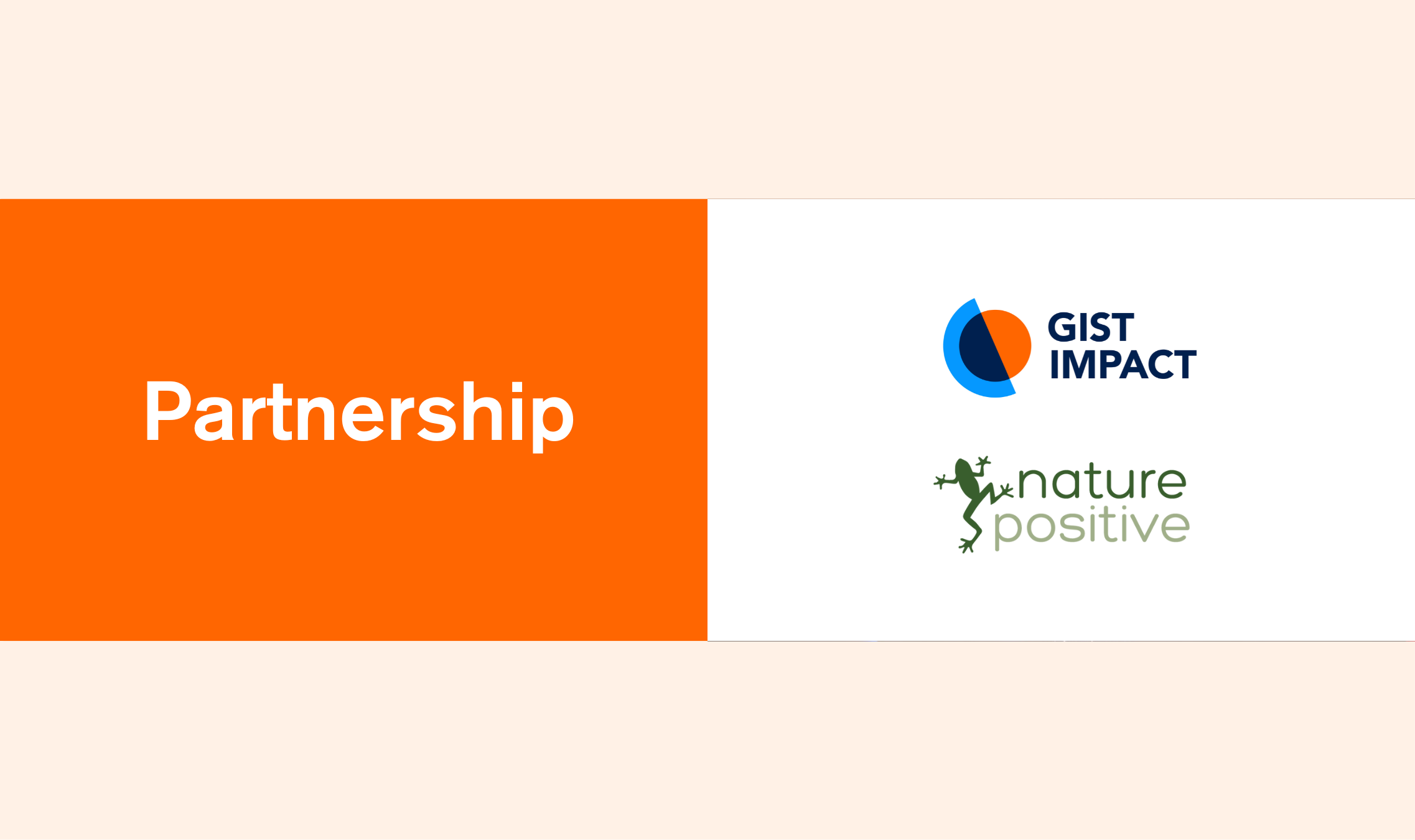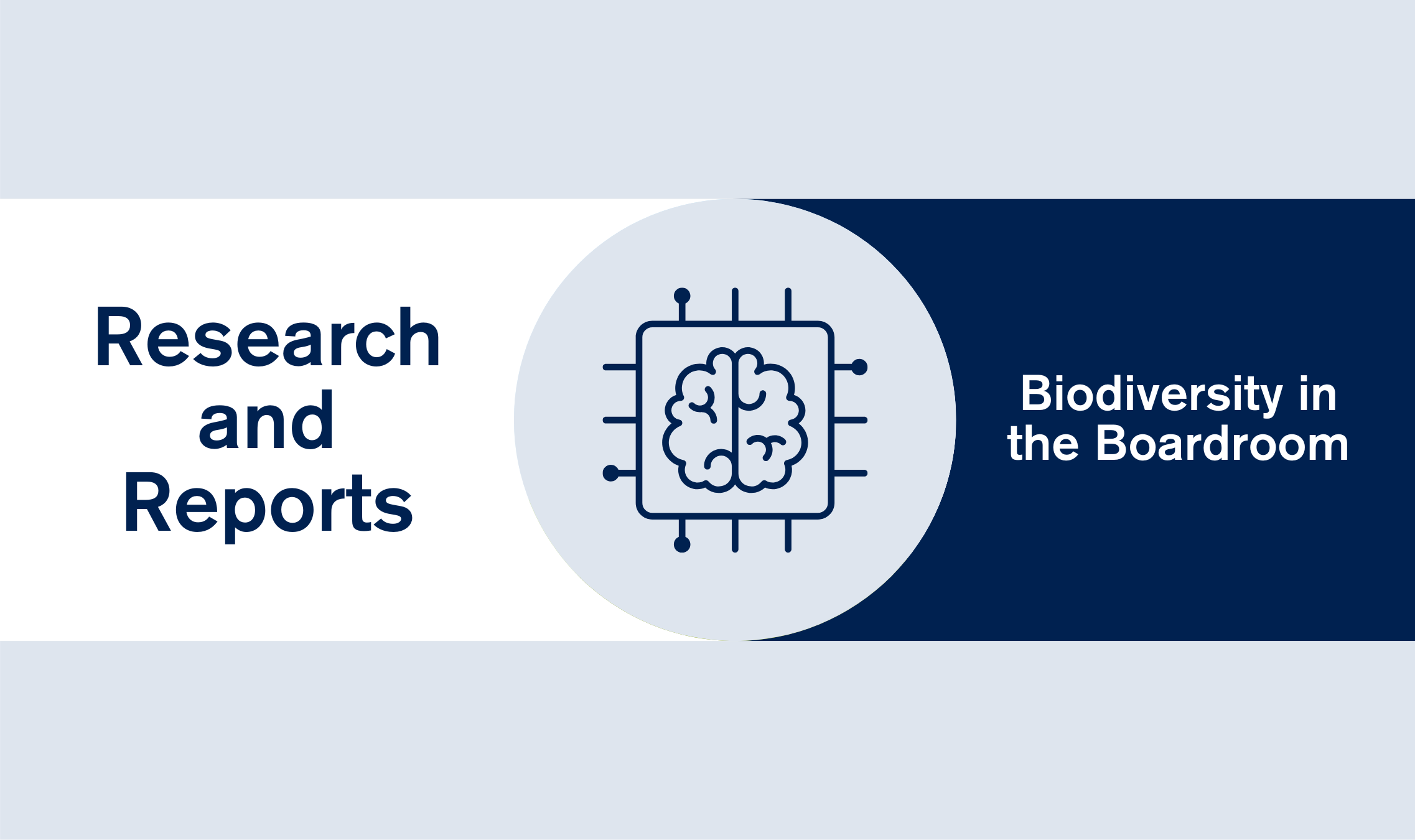Liam Kennedy from IPE interviews GIST Impact CEO & Founder, Pavan Sukhdev.
(Posted with permission from IPE)
Pavan Sukhdev, CEO of GIST Impact, describes his firm as being at the “intersection” of technology and sustainability.
His passion may be sustainability but it simply would not have been possible to solve the analytical problems GIST seeks to address without advances in technology that can now apply advanced computing power to very large data sets.
Technology and big data can help make corporate reporting more transparent, which can in turn help boards manage problems they would not otherwise have foreseen, and can afford investors and others a perspective beyond which they are either granted by law or have come to expect by means of their financial or other stakeholding.
Ultimately capital can be better managed – wealth preserved and increased. That is the contention at least.
“It’s not that we were in love with big data or anything,” Sukhdev says. “We actually couldn’t solve the challenges that were thrown at us by sustainability leaders. We’ve always been a kind of a sustainability laboratory and an intellectual crucible where we test new ideas and experiment with them.
“It’s because of lack of choice as we just can’t solve these difficult challenges without big data and that’s why we’re here.”
At an event to launch GIST’s Impact360X software-based corporate-reporting platform at the World Economic Forum in Davos last year, Sukhdev said the firm’s “destination is to democratise…corporate sustainability”. Such declarations may be praiseworthy – but how will Sukhdev put his aims into practice?
GIST’s Impact360X platform aims to calculate the external impact of corporate activity on natural, social, human and financial capital, with a simplified and low-cost version aimed at SMEs.
As well as providing these software tools for companies, Sukhdev’s vision is for GIST to be an integral part of the data-supply chain for asset managers, data providers and the big four accountancy majors to provide integrated profit-and-loss assessments. It is also pitching its services to NGOs and governments, where it can assist with policy making.
“We basically want to be the Intel inside,” the CEO says. “We want to collaborate with asset managers, we want to collaborate with data providers, we want to collaborate with the big accountancy firms. When they serve their corporate partners we want to be the chip inside that gives them the integrated P&L.”
GIST Advisory traces its roots to the Green Indians States Trust, founded in 2004 to promote sustainable development in India. Its first project was to publish sustainable accounts at state level.
For Sukhdev, GIST Impact’s journey has been closely aligned to the development of stakeholder capitalism and he endorses the frameworks behind the Capitals Coalition – which recognise human, social, and environmental pillars alongside the traditional financial, or physical, capital pillar.
“Once you recognise this more granular perspective it makes little sense to manage just one of them. Managing human, social and environmental issues means looking at impacts of a company’s activities on its staff, its supply chain, its local environment and a whole range of others.”
It is worth considering how much the perspective on corporate social responsibility has changed in the last four decades or so. The advent of the US Environmental Protection Agency in the 1970s was popular but controversial following high-profile pollution cases.
When in 1979 the US government first made use of the 1973 Federal Water Pollution Control Act against a major company, Olin Corporation, the firm admitted mercury pollution but denied liability and was eventually fined $70,000 (about $270,000 (€224,000) today).
The 2010 Deepwater Horizon oil spill has cost BP in excess of $65bn in litigation and clean-up costs. The incident focused investor attention not only on the environmental degradation but also the internal governance and safety practices at BP that brought it about – and the level of transparency around them.
The term externalities – broadly defined by the OECD as unaccounted costs or benefits on others resulting from corporate activities – has established itself in the mainstream and it is accepted that the costs of negative externalities should be borne by the companies that cause them, and their shareholders, and not solely by government or wider society.
“The reality is that the negative externalities of companies in a portfolio are today’s externalities but they are tomorrow’s risks, and they could be the day after tomorrow’s losses. In other words, they are hidden negative alpha. And you know what, you don’t even know about it because you haven’t measured the externalities.”
As Sukhdev puts it succinctly: “Why would you want to be at the receiving end of that crap? That’s the issue that has been grabbing investors more seriously.”
At the other end of the externality spectrum, doing some measure of good in the world is increasingly recognised as a driver of financial value. Positive externalities are also more measurable than they ever were before. Predating the UN Sustainable Development Goals (SDGs), Sukhdev points to BASF’s decision to fortify staple foods with vitamin A at its own cost in the late 2000s – establishing a business case to do this given the total cost of less than 0.2% of the product.
One might also point to Unilever, an acknowledged leader in sustainability, which has recognised the importance of water throughout its product value chain, with particular focus on its 100 manufacturing plants in water-stressed areas.
Through its involvement in the Alliance for Water Stewardship, the firm can make measurable claims to have not only saved water in specific regions like India, but also helped increase agricultural yield and add to overall water capacity.
Increasingly, social enterprises are creating valid new business models based on social purpose – as evidenced by the UK’s B Corporation Initiatives.
Positive externalities can now be isolated, measured and reported to stakeholders, often in reference to the SDGs. New types of brand value can be created and risks better measured but for Sukhdev, measuring externalities can also foster a culture of problem solving, of doing things differently, that in itself can be a driver of long-term value.
“You’re constantly asking for better ways of doing things. No, I can’t have such a high level of materials intensity. No, I can’t have such a high level of GHG intensity in my energy use. No, I can’t have this product because it has value-chain impacts in Africa.
“You’re forcing your staff to think differently, creating a culture of innovation, and that honesty is probably the biggest driver that just changes the company from the inside.”
This message is a worthy one. The challenge for GIST Impact is now to propagate its message beyond the realm of listed companies and into the SME sector. Initiatives like the EU’s new reporting directive will assist with a ‘stick’ approach but it will take time for holistic sustainability reporting to really take root in the world’s boardrooms.






